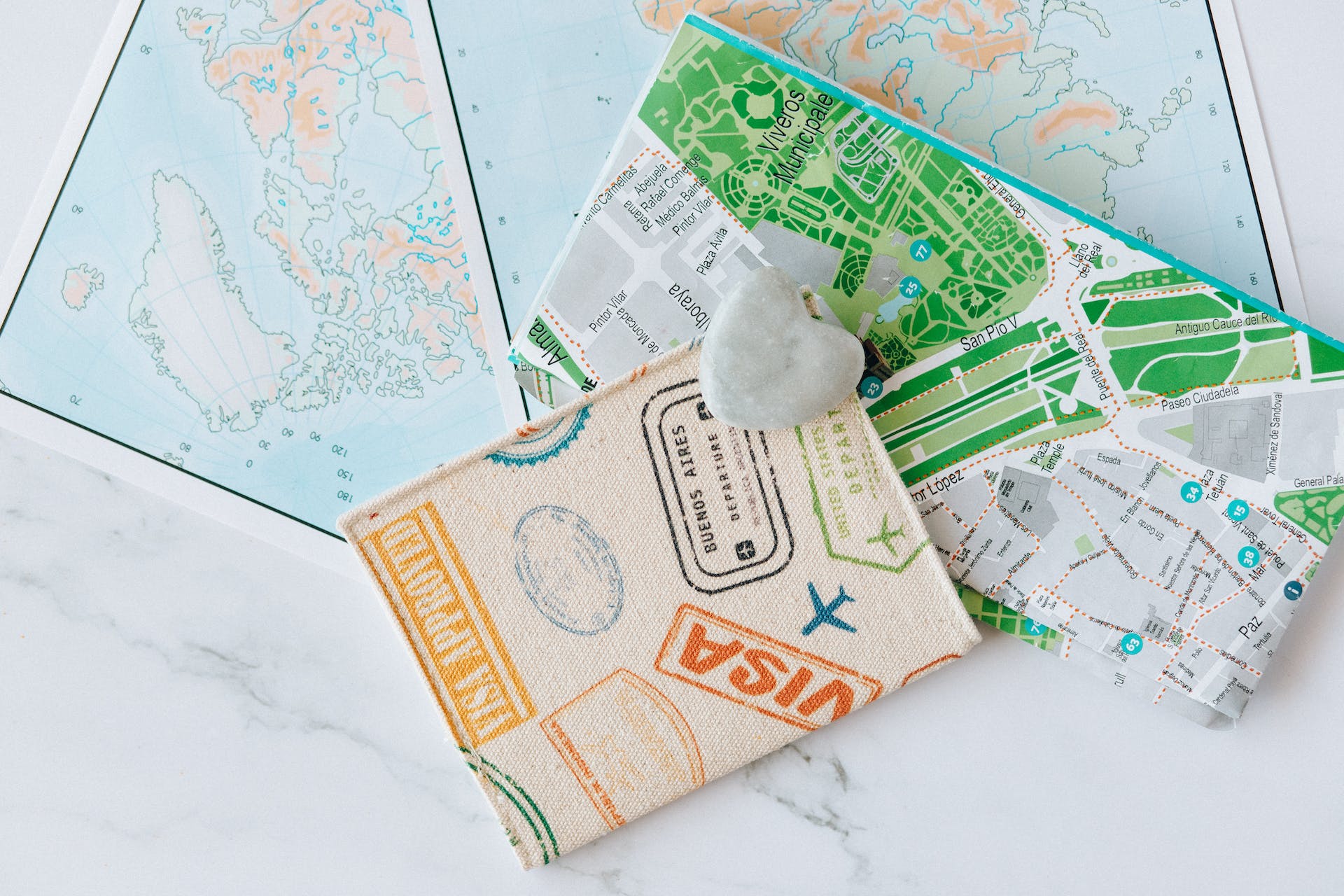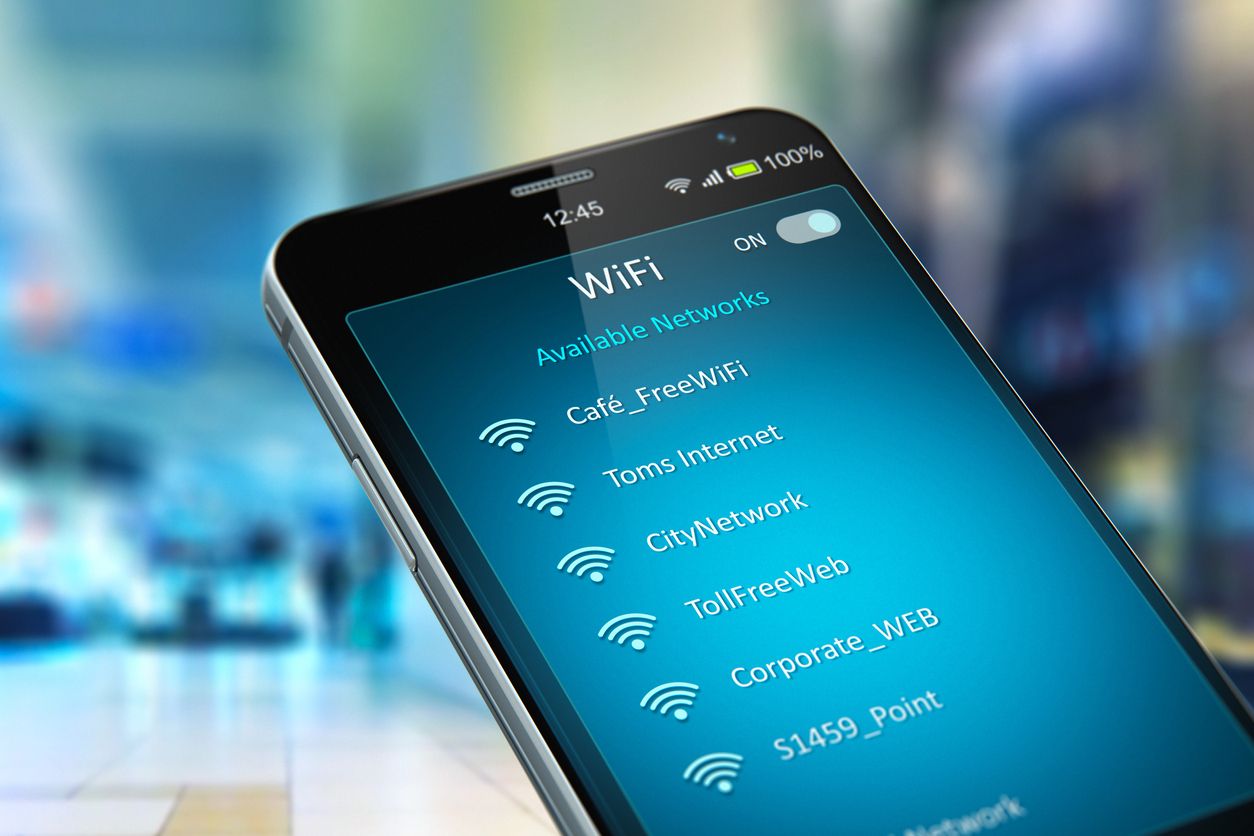eSIMs 101: Can eSIMs be shared?
Not in the strictest sense, but you can share your data through a hotspot.
Summary
In the ever-evolving landscape of telecommunications, the advent of eSIM technology has brought about significant changes in how we connect to networks. It has especially brought about unparalleled convenience and flexibility for travelers seeking an economical option to staying connected on their trips. For some who are new to eSIMs and are considering to try it for the first time, you might be wondering if eSIMs can be shared.

What are eSIMs and how do they work
To delve into this inquiry, it's crucial to understand the basics of what an eSIM is and how they work.
Fundamentally, an eSIM carries out functions similar to a traditional SIM card in helping your device to connect to a mobile network. The eSIM securely stores information necessary to authenticate and authorise the connection to the mobile network.
However, unlike physical SIM cards, eSIMs are not a physical card, and are not tied to a specific carrier. Instead, eSIMs are a chip that is embedded within your device. To use the eSIM, you will need to download and install an eSIM profile, which contains all he information that mobile networks require for authentication.
eSIM profiles are somewhat like a piece of software, and can be easily installed and removed from your device.
Can eSIM profiles be shared?
Since eSIMs are downloadable, you might be wondering if it can be shared just like you can share a piece of software.
Well, it depends on what exactly you are thinking of when you are sharing eSIMs. In the strictest sense, you won't be able to share an eSIM, since it is a chip that is embedded in your device. You can't remove that chip and 'share' it with someone else.
But, let's take a closer look at what you might be thinking of when you are looking up the ability to 'share eSIMs'.
1. An eSIM profile cannot be installed multiple times
With eSIMs, if you have installed the eSIM profile on one device, you wouldn't be able to simply install that eSIM on another device. Think of it as a piece of licensed software with only one seat. If it has been installed once, you wouldn't be able to install it again.
This is not unlike a physical SIM card where you cannot have the same SIM card in multiple devices at the same time. The difference between a physical SIM card and an eSIM is that with a physical SIM, you can very easily move the SIM card between devices, but you might not be able to do the same with an eSIM.
With a physical SIM card, if you wanted to change devices, you can simply remove your SIM card from one device and insert it into the other device. With an eSIM, it isn't that straightforward. You will likely have to contact your carrier to seek their assistance, and in the case of travel eSIMs, transfer is typically not allowed.
2. You can buy an eSIM for someone else
While you cannot share an installed eSIM with someone else, it is possible for you to get an eSIM and install it on another device (that is not yours). Of course, if you are planning to do so, be mindful of the implications, especially if the eSIM line is associated to you.
eSIM installation can be done via a few ways: by scanning a QR code, manually entering your eSIM details, or by remote provisioning. In the cases where you scan a QR code or manually enter details of your eSIM profile, you can simply 'share' the eSIM with someone else's device by sharing the QR code or supplementing them with the details.
In the event where the eSIM is remotely provisioned, you will likely need to purchase the eSIM on the device that you will be installing the eSIM on, or to provide the telco with IMEI number of the device.
Remember that once they have installed the eSIM on their device, you wouldn't be able to use that same eSIM anymore.
3. You can share the data allowance from your eSIM plan through a hotspot, if your provider allows
If all you are looking to do is to share your data allowance from the plan that is associated with your eSIM, you can do so if you get an eSIM from a provider that supports tethering.
While you wouldn't be able to share the eSIM and install it on multiple devices, you can turn your device into a hotspot. On the device that you have the eSIM installed in, switch on the 'Mobile Hotspot' function, and your device will now be turned into a mobile hotspot.
You can connect your other devices to this mobile hotspot to access the internet, while consuming data from your eSIM plan.
However, be sure to check if your provider supports data sharing and tethering for your plan, as some providers may put in restrictions on hotspot and data sharing.
Get a Nomad travel eSIM for your next trip
Nomad offers data plans in over 170 countries, and you can be sure to find one that is suitable for your travel needs. And if you will be traveling across multiple countries, there are also regional plans available so you can stay seamlessly connected as you hop between countries. Data plans are available from as low as $1.50/GB.
The networks that Nomad's eSIMs use for each plan are stated on the plan details on the web store and apps, so you can check which networks are supported before buying your plan. Data sharing and tethering is also supported on Nomad's eSIM plans.
And, if you are unsure about how much data you need for your trip, Nomad also has a Data Calculator that can help you find the plan that is most suitable for you. Also check out our blog post on data-saving tips when traveling to keep your data usage in check when traveling.
Nomad also has a 24-hour customer support team. So, in the event where you face difficulties while using your eSIM, rest assured there will be someone available to help you resolve your issues!



